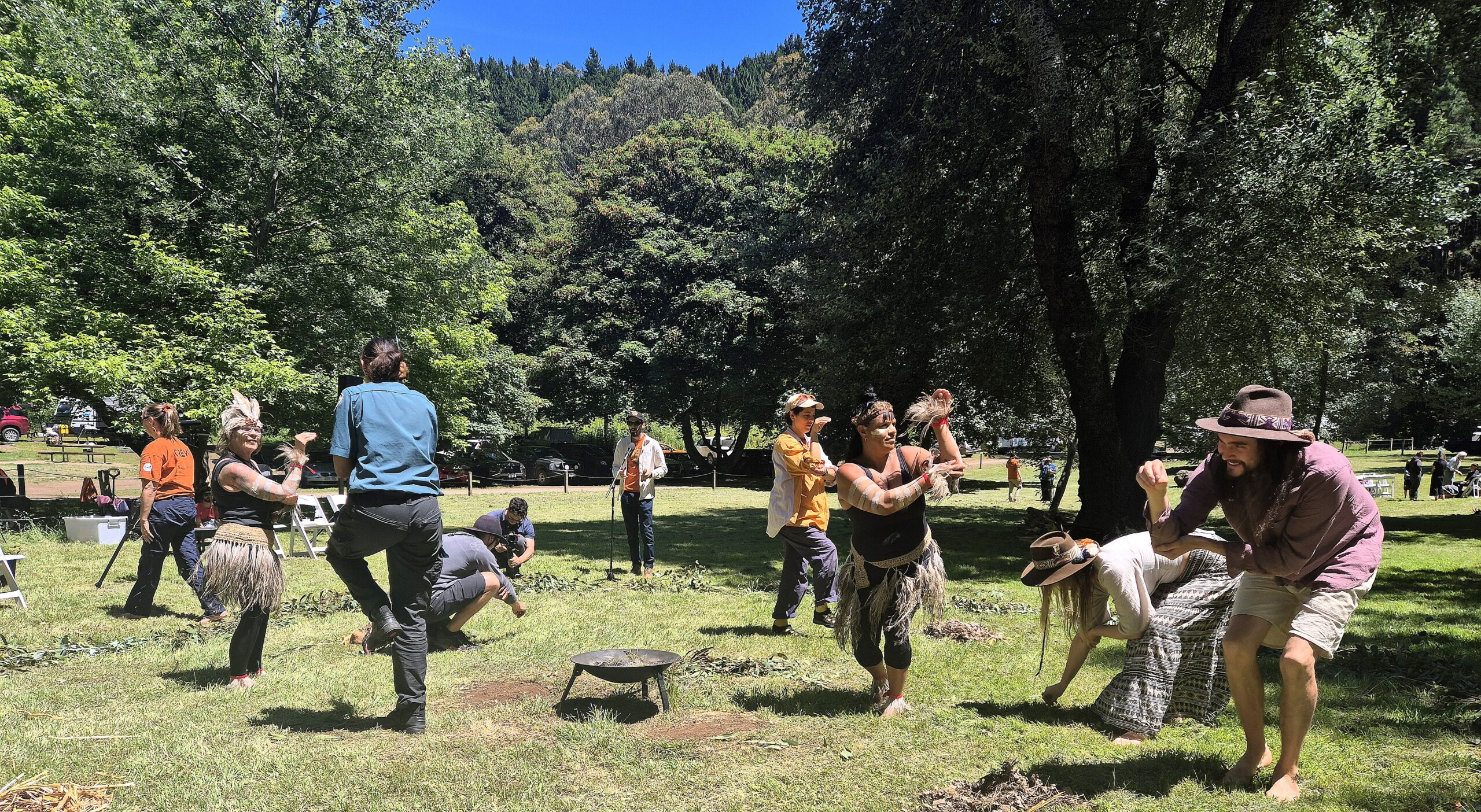October 18th, 2024Study tour for winning GRDC award

For Agriculture Victoria Plant Pathologist Dr Joshua Fanning, winning the 2023 Grains Research and Development Corporations (GRDC) ‘Emerging Leader Award’ was honour enough, but it was the icing on the cake to travel to America and Canada to tour leading research institutes and cropping regions.
Dr Fanning travelled to Canada and then USA in July this year visiting renowned research centres such as University of Saskatchewan and the Western Applied Research Corporation (WARC), then on to America visiting Montana and Washington State universities.
‘Many of these institutions are leading research organisations on pulse and legume pathology, with several pathologists focusing on similar diseases to Australia.
‘There were many key learnings from my tour, but highlights include having the understanding of key methodologies for disease control utilised in other parts of the world.
‘One key benefit for Australia is the longer growing season as we don’t have to be as reactive with disease control, when compared to North America,’ Dr Fanning said.
‘However, in many respects due to the longer growing season we need to ensure disease control is done well as we can have many more lifecycles of a pathogen in the season compared to North America.
‘Soil borne diseases including Fusarium and Aphanomyces root rots were the main constraints to their pulse production. There is some genetic resistance to these diseases, but it’s difficult to find and breed for.’
Dr Fanning said crop rotations were not controlling many of these soil-borne diseases. This was a key learning and highlights Australia’s need to get on top of these diseases early to prevent them becoming a major constraint to crop yield like in North America.
‘Many foliar fungicides were not effective due to fungicide resistance. This is a threat to Australian production that we are observing in cereals, but not yet in pulses.’
Words & Image: Agriculture Victoria










